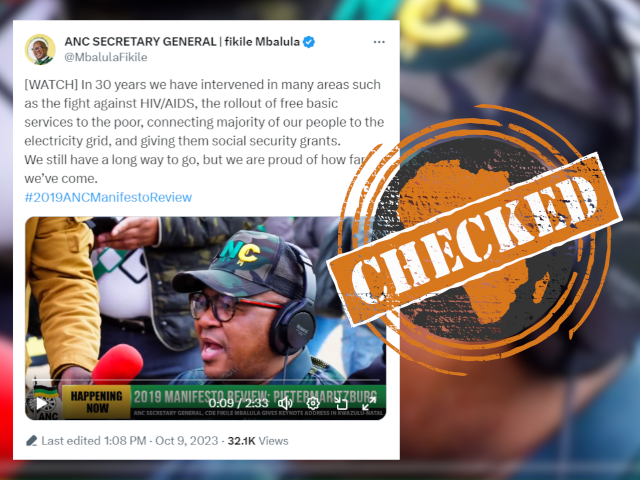On 29 Jun 2022, Kenya’s deputy president William Ruto announced his Kenya Kwanza political coalition would launch its manifesto ahead of the country’s 9 August general election.
However, early on 30 June, a 30-page document was posted on WhatsApp.
An image of part of the document was also posted on Twitter.
One caption reads: “I've seen part of the Kenya Kwanza Manifesto and Jesus Christ!! Who approved this ? Point 1: We have counties, right ? Point 3 : Do they mean breaking up big companies? Why? That's employment source for thousands! Point 4, 5? Has in [sic]? Surely?”
The questions refer to the document’s use of defunct administrative regions, its reference to “bringing down” corporates, and a concentration of resources in Ruto’s native Rift Valley backyard.
Different sections of the “manifesto” have been reposted here, here, here, here, here, here, here, here, here, here, here , here, here and here. The different sections of the document circulating all include a similar footnote, indicating that it is from a “Kenya Kwanza manifesto”.
Also among the images is a preamble supposedly signed by Ruto and his running mate, Rigathi Gachagua.
Ruto will face the Azimio la Umoja One Kenya coalition led by Orange Democratic Movement leader Raila Odinga. There are two other presidential candidates in the upcoming August 2022 general elections.
Odinga launched his manifesto on 6 June.
So is this the authentic document from Ruto’s campaign?
We checked.
‘Wait for the real thing’
Hussein Mohammed, the director of communications for the Ruto presidential campaign, told Africa Check that the document was “fake”.
He also posted images from the document stamped “fake” on Twitter to alert the public.
“Keep calm and wait for the real thing. Freedom is coming!” he tweeted.
The manifesto launch was scheduled for the evening of 30 June.





Add new comment